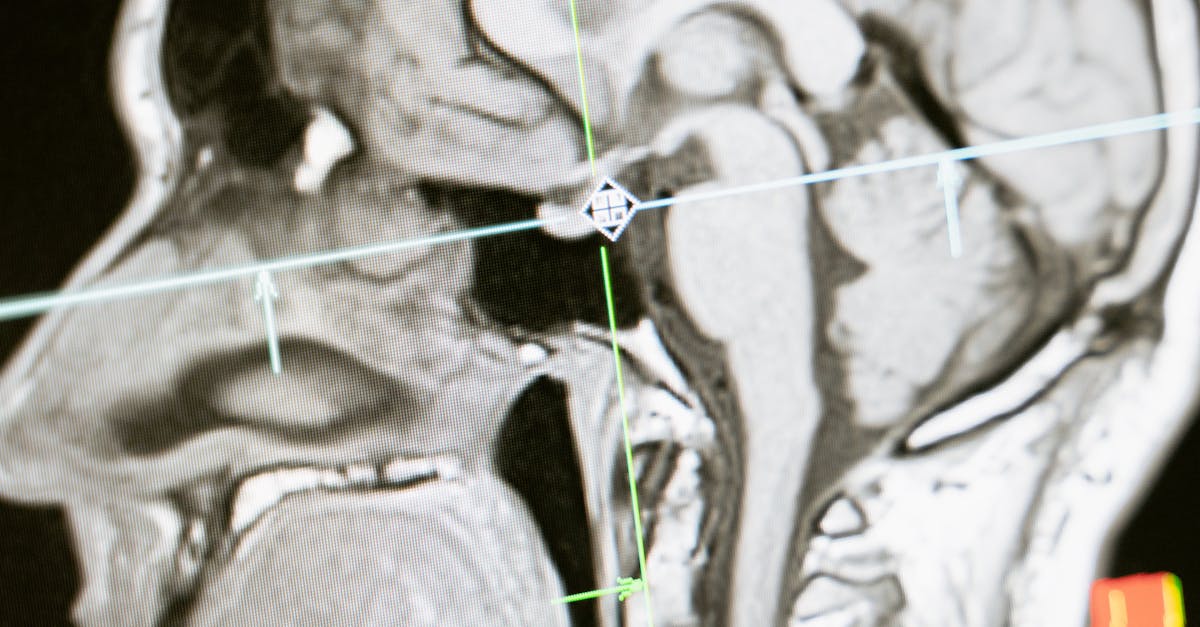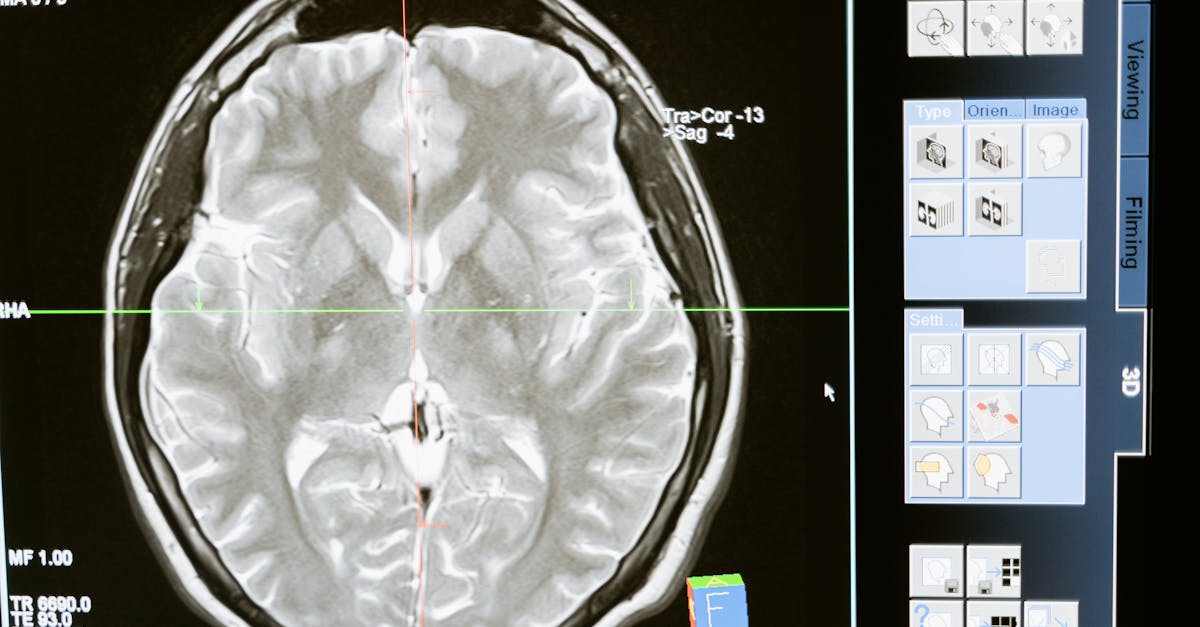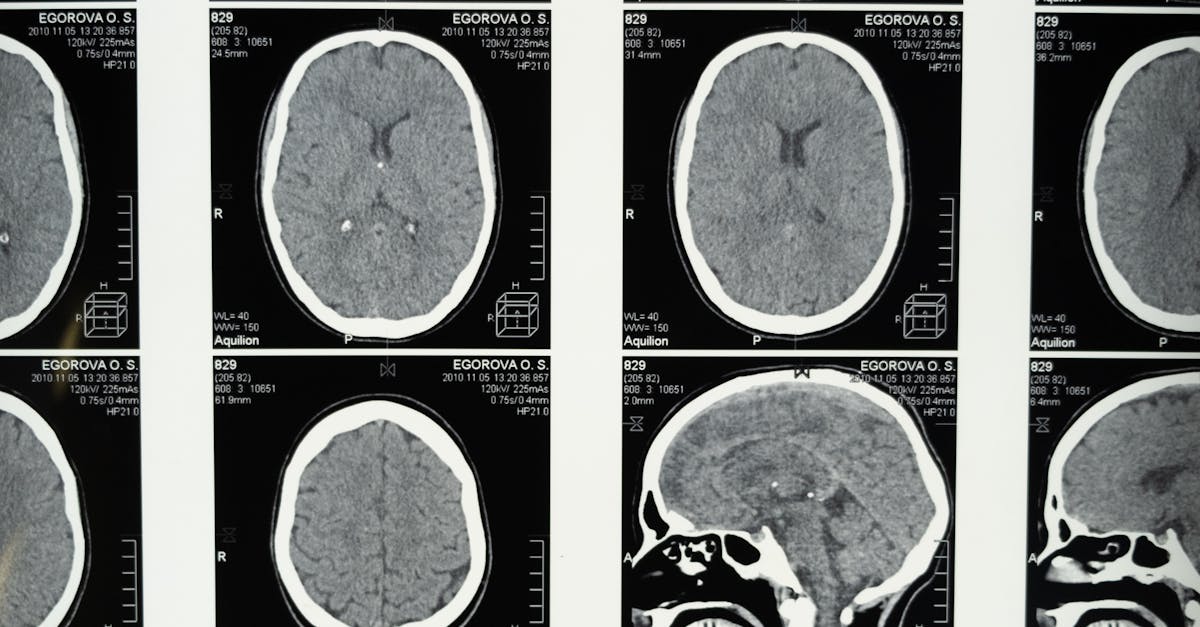Neurology Education

HEADACHE HELP IN THE TROPICS
A neurologist is a medical doctor who specializes in the diagnosis and treatment of disorders of the nervous system. The nervous system includes the brain, spinal cord, and peripheral nerves. Neurologists are trained to diagnose and manage a wide ran...
Read more →
What is the highest ranking education journal?
Selecting the appropriate journal for your research can significantly affect its visibility and impact. Start by examining journals that align closely with your area of study. Consider their scope and the type of articles they typically publish. This...
Read more →
How to tell if a journal is reputable?
Evaluating the publication ethics of a journal is crucial in determining its credibility. Reputable journals adhere to established ethical guidelines, which often include clear policies on authorship, plagiarism, conflicts of interest, and peer revie...
Read more →
Is Lancet neurology a good journal?
The Lancet Neurology provides several options for readers seeking access to its content. Many articles are available through institutional subscriptions, which allows universities and research institutions to offer free access to students and faculty...
Read more →
Is Frontiers in Neurology a good journal?
Frontiers in Neurology is recognized for its rigorous indexing and abstracting in prominent databases. This visibility enhances the journal's reputation, facilitating access for researchers and clinicians interested in the latest developments in neur...
Read more →
What is the trend in neurology journal?
Neurology has evolved significantly over the years, and the complexities of neurological disorders necessitate a broader approach to treatment and research. Combining insights from psychology, genetics, and even dietetics can lead to more comprehensi...
Read more →
What are the top 5 medical journals?
Founded in 1840, the British Medical Journal has established itself as a leading authority in the dissemination of medical knowledge. It covers a broad range of topics, presenting research findings, reviews, and commentary that address contemporary c...
Read more →
What is the acceptance rate for the Journal of Neurology?
After submission, the manuscript enters the review process, which typically spans several weeks. During this time, the editorial team assesses the paper's suitability for the journal and selects potential reviewers with appropriate expertise. Authors...
Read more →
What is the best medical education journal?
Advancements in technology have revolutionized the landscape of medical education journals. The shift from print to digital formats has enhanced accessibility for researchers, educators, and students. Online platforms allow for the rapid disseminatio...
Read more →
Are neurology journals reputable?
Editorial boards play a crucial role in determining the quality and credibility of neurology journals. Comprised of experts in the field, these boards oversee the peer-review process, ensuring that submitted research meets rigorous academic standards...
Read more →
What are the best neurology journals?
The landscape of neurology research is constantly evolving, leading to the emergence of several journals that are gaining recognition for their innovative contributions. Journals such as Frontiers in Neurology and Brain Communications are paving the ...
Read more →
Can you be a neurologist without an MD?
To practice as a neurologist in the United States, obtaining an MD or DO degree is typically essential. This educational path includes completing undergraduate coursework, attending medical school for four years, and undertaking a residency in neurol...
Read more →
Who is more paid, neurosurgeon or neurologist?
The salaries of both neurosurgeons and neurologists can vary significantly based on geographical location. Urban areas with high costs of living often offer higher compensation rates compared to rural regions. This disparity reflects the demand for s...
Read more →
Who makes more money, a DO or an MD?
The job markets for Doctors of Osteopathic Medicine (DOs) and Medical Doctors (MDs) have unique characteristics driven by the healthcare landscape. Both paths generally offer strong employment opportunities due to a growing demand for healthcare serv...
Read more →
What jobs require neurology?
Rehabilitation services play a crucial role in the recovery process for individuals with neurological disorders. Professionals in this field work closely with patients affected by strokes, traumatic brain injuries, and other neurological conditions. ...
Read more →
What math is needed for neurology?
In the field of neurology, effective experimental design is crucial for obtaining reliable results. Researchers must carefully plan their studies to minimize biases and confounding variables. Defining clear hypotheses and selecting appropriate method...
Read more →
What GPA do you need to be a neurologist?
Maintaining a competitive GPA requires a structured approach to studying and time management. Students should develop a study schedule that allocates consistent periods for review and practice, breaking down larger topics into manageable segments. Ut...
Read more →
How long is neuro school?
Clinical rotations form a critical component of neuro school, providing students with hands-on experience in real-world healthcare settings. These rotations allow students to apply theoretical knowledge gained through coursework to clinical practice,...
Read more →
What is the shortest medical residency?
Internal medicine residency programs typically span three years. These years are dedicated to equipping residents with comprehensive knowledge and clinical skills necessary for diagnosing and managing a wide range of adult illnesses. The curriculum e...
Read more →
How fast can you become a neurologist?
Obtaining the necessary licensure is a vital step for anyone aspiring to become a neurologist. After completing medical school, graduates must pass the United States Medical Licensing Examination (USMLE) or the Comprehensive Osteopathic Medical Licen...
Read more →
Is becoming a neurologist hard?
The demanding nature of neurology can make achieving a work-life balance challenging for practitioners. Long hours spent diagnosing and treating complex neurological disorders often encroach on personal time. On-call responsibilities can add another ...
Read more →
What degree is best for neurology?
Fellowships in neurology provide specialized training that deepens expertise and enhances career opportunities. Neurologists often pursue these programs following residency to focus on specific areas such as epilepsy, neuromuscular diseases, or vascu...
Read more →
Is MD or DO better for neurology?
Both MDs (Doctor of Medicine) and DOs (Doctor of Osteopathic Medicine) must complete rigorous education and training to practice neurology. After earning their degree, they must pass licensing examinations to obtain a medical license. MDs typically t...
Read more →
What do you need to study for neurology?
The field of neurology relies heavily on various research methodologies to advance understanding and treatment of neurological disorders. Qualitative and quantitative research methods play vital roles in exploring the complexities of brain function a...
Read more →
How many years is neurology training?
Neurology training typically lasts about five to seven years after completing medical school. This duration places it in the middle range when compared to other medical specialties. For instance, primary care fields like internal medicine often requi...
Read more →
What education does a neurologist need?
To practice as a neurologist, obtaining a medical license is essential. This typically requires passing a series of examinations, including the United States Medical Licensing Examination (USMLE), which assesses a physician's ability to apply medical...
Read more →